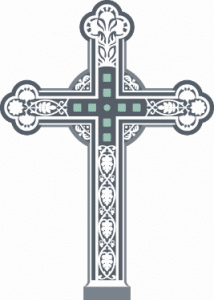
February 20, 2022
Dear Friends,
Today we are on the verge of Presidents’ Day Weekend. What it will mean for many people in the United States is a day off from work or school, the opportunity to sleep late or travel, or just a break from the normal routine. I don’t mean to be critical. In fact, I am looking forward to a number of these leisurely pursuits as well. But I wonder if this Presidents’ Day Weekend we should take time to pause and reflect on leadership as it is playing out on the world stage.
Lately I have been reading a book entitled Hitler’s American Gamble, by Brendan Simms and Charlie Laderman. The book takes a concentrated look at the five critical days of December 7-11, 1941. Most of us assume that once the Japanese bombed Pearl Harbor all the alliances naturally clicked into place. Such is not necessarily true. The British feared that the United States would focus all of our military might in the Pacific alone, leaving them to fend for themselves against Germany. Hitler had to decide whether or not to align with the Japanese, which would mean going to war against the Americans. His “American gamble” was to go for it.
The parallels between today and eighty years ago are frightening. Vladimir Putin, the President of Russia, declares that his nation needs breathing room and security. Therefore he has amassed an overwhelming invasive force on the Ukrainian border, and awaits the provocation that he thinks will legitimize moving in and seizing the territory of a sovereign nation. Here at home, Americans have always been tempted by isolationism. What happens on the other side of the world should not trouble us. Frankly, I’ve been surprised to learn how strong the “America First” movement was in the early 1940s. It was not a phrase or movement coined by a recent US President. In fact, even as the fires still raged aboard the wrecked fleet in Pearl Harbor, Senator Gerald Nye was addressing an America First rally in Pittsburgh, arguing that Christianity and intervention were completely opposed to each other.
When I was growing up, every Sunday I would hear in church the words of a particular prayer that I am pleased to see made the jump from the 1928 (p.18) to the 1979 (p.820) Book of Common Prayer: O Lord our Governor, whose glory is in all the world … Grant to the President of the United States, and to all in authority, wisdom and strength to know and to do thy will. This year I plan to pray the full prayer at the altar towards the end of the 11 am service. And in my personal prayers I will remember the President of Russia, too, most especially that he not do the stupid, criminal thing and go for it.
See you in church.
